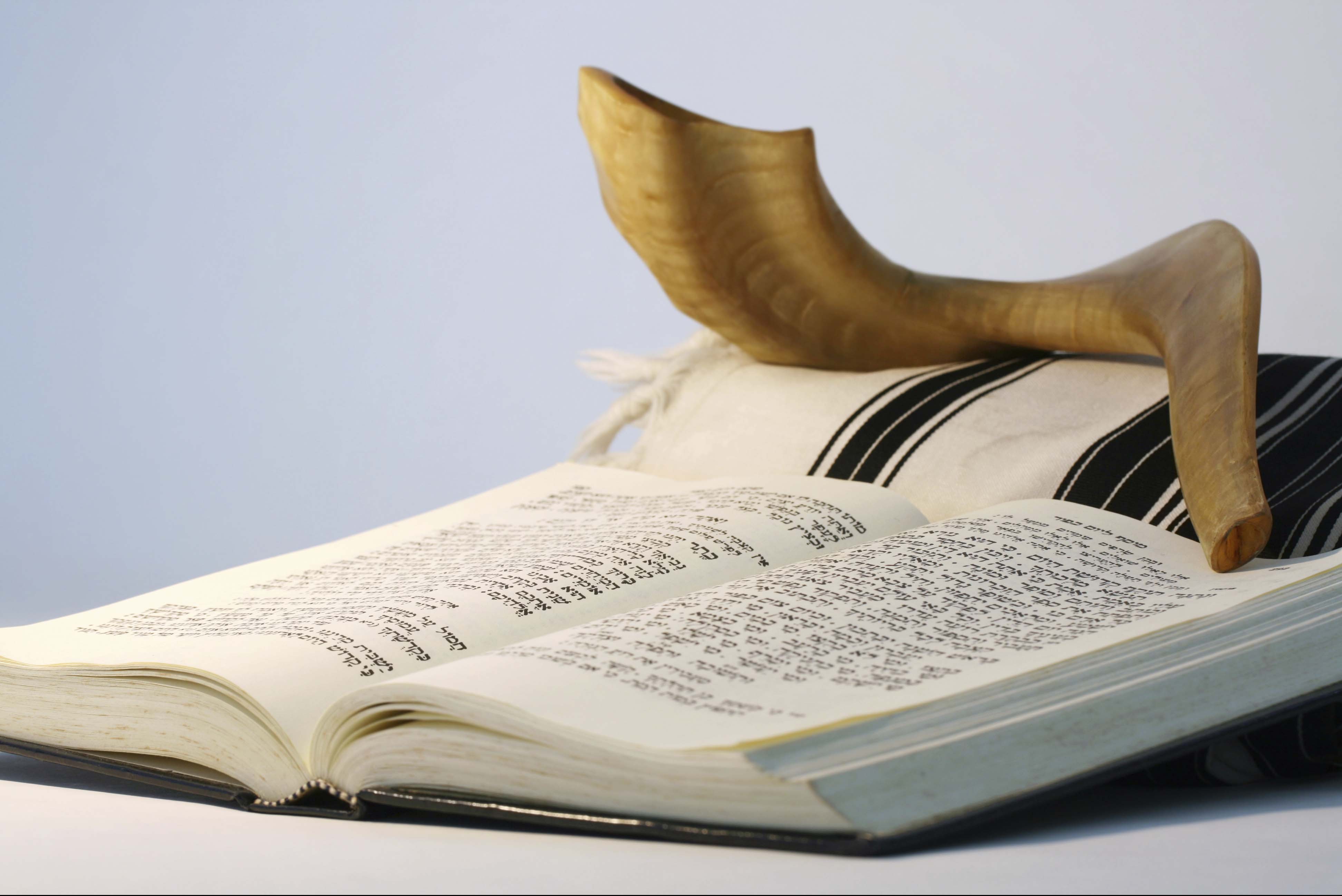A story that illustrates an awesome power of Rosh Hashanah is the story of Joseph in Egypt.
According to the Talmud, when Joseph went to sleep as a thirty-year-old man on Rosh Hashanah night, Joseph was incarcerated in the depths of an Egyptian prison.
Joseph was completely powerless. Joseph was completely alone; forgotten, forsaken and literally “sold out” by his brothers.
That Rosh Hashanah night Pharaoh dreamt the famous two dreams.
On Rosh Hashanah morning, Pharaoh shaken and disturbed by the dreams of the previous night turned to his trusted advisors to explain the mysterious dreams.
Unable to receive a satisfactory answer, Pharaoh accepted the advice of the butler and summoned Joseph from the depths of prison to appear in Pharaoh’s court.
Joseph who the night before had gone to sleep completely powerless, comes before Pharaoh, and in five minutes on Rosh Hashanah morning, Joseph is transformed from being an abject prisoner, to becoming the second most powerful man in the world.
Joseph’s dramatic turnaround on Rosh Hashanah teaches us that built into Rosh Hashanah is a transformative power, where G-d is willing to give us a completely new reality so we can start anew and fresh.
In the Kiddush on Rosh Hashanah night we will say, “And You gave us, Hashem our G-d, with love, this Day of Remembrance”. It is with love that Hashem gives the Jewish people the holiday of Rosh Hashanah, and with it the ability to start again, and leave behind the failures and mistakes of the past.
To paraphrase Rav Yitzchok Hutner, the day before Rosh Hashanah one can be hated and despised by G-d, and then on Rosh Hashanah, by virtue of its transformative power, the past can be forgotten, and the individual can become loved and adored in Hashem’s eyes.
True, there is a judgment process, and it can be and is, scary and frightening. But ultimately, G-d created this paradoxical and special holiday known as Rosh Hashanah with love, so that we can transform ourselves into the very best people that we can become.
It is then no wonder that the angels come in front of G-d and ask “why aren’t the Jewish people saying Hallel on Rosh Hashanah”. The angels witness G-d’s kindness; the giving of a chance to completely the wipe our slates clean, and the granting of an opportunity to dramatically change our lives. The angels witness G-d’s graciousness and are perplexed as to why the Jewish people aren’t saying Psalms of thanksgiving and praise.
G-d reminds the angels that the Books of the Living and Dead are in front of him, and therefore it is inappropriate for the Jewish people to say Hallel.
G-d has to remind the angels of the judgment of Rosh Hashanah because the gift of a new start on Rosh Hashanah is such a great kindness, that one can literally forget about the “other scarier” side of Rosh Hashanah, as the angels did.
Thus Rosh Hashanah is paradoxical, with many deep and seemingly conflicting themes but, ultimately it is a day of Simcha, as we eat festive meals and as the Holiday cancels out the Shiva period of mourning.
Rosh Hashanah is a true Simcha Lerabim – happiness for the masses, as the entire Jewish people are given the chance to be like Joseph and to dramatically transform our lives for the better.
May we all make the most of this Rosh Hashanah holiday and with the help of G-d, may we commence the process of going from good to very good; and from very good, to great.
Ketiva Vachatima Tova and may we all have a very sweet, healthy, happy and prosperous New Year.
